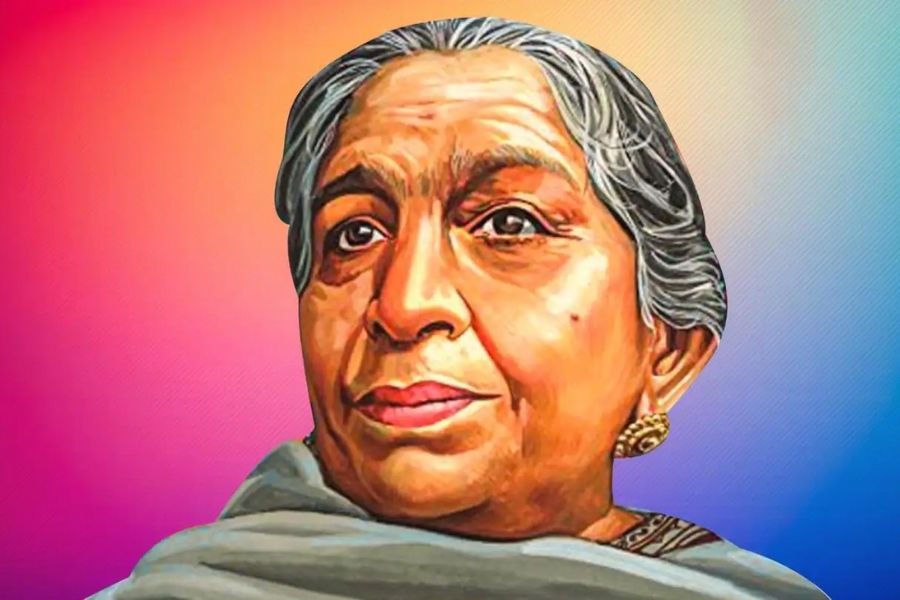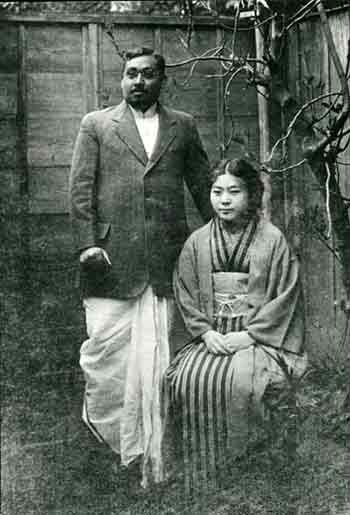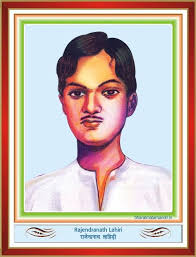Sarojini Naidu, born on February 13, 1879, in Hyderabad, India, was a multifaceted figure who left an indelible mark on Indian society and politics. Often referred to as the Nightingale of India, she was not only a prolific poet but also a prominent political activist and a key figure in the Indian independence movement.
Naidu’s literary talent blossomed early, and she gained recognition as a poet during her teenage years. Her poetry, characterized by its lyrical beauty and patriotic themes, resonated deeply with the Indian public and earned her widespread acclaim.
Despite her literary success, Naidu was equally passionate about social and political issues. She became actively involved in the Indian Nationalist movement, working closely with leaders such as Mahatma Gandhi and Jawaharlal Nehru. Naidu played a significant role in the Non-Cooperation Movement and the Civil Disobedience Movement, advocating for the rights of women and marginalized communities.
Naidu’s eloquence and charisma made her a compelling public speaker, and she became known for her stirring speeches advocating for Indian independence and social reform. She was the first woman to preside over the Indian National Congress and was instrumental in advancing the cause of women’s rights in India.
In addition to her political and literary pursuits, Naidu was a staunch advocate for the empowerment of women and played a leading role in the women’s suffrage movement in India. She believed fervently in the importance of education for women and worked tirelessly to promote girls’ education and literacy.
Sarojini Naidu’s life and legacy continue to inspire generations of Indians, particularly women, to pursue their passions and work for positive social change. Her contributions to literature, politics, and social reform have left an enduring imprint on the fabric of Indian society, earning her a place of honor as one of the nation’s most beloved and respected figures.






